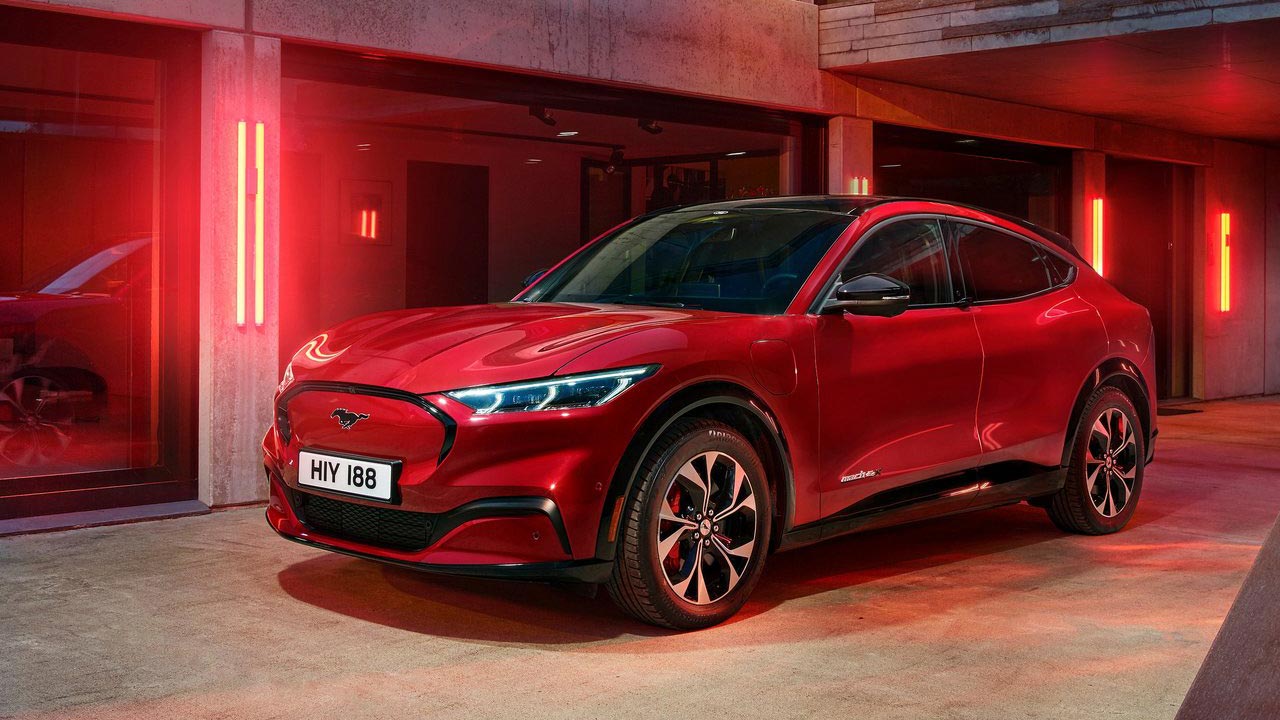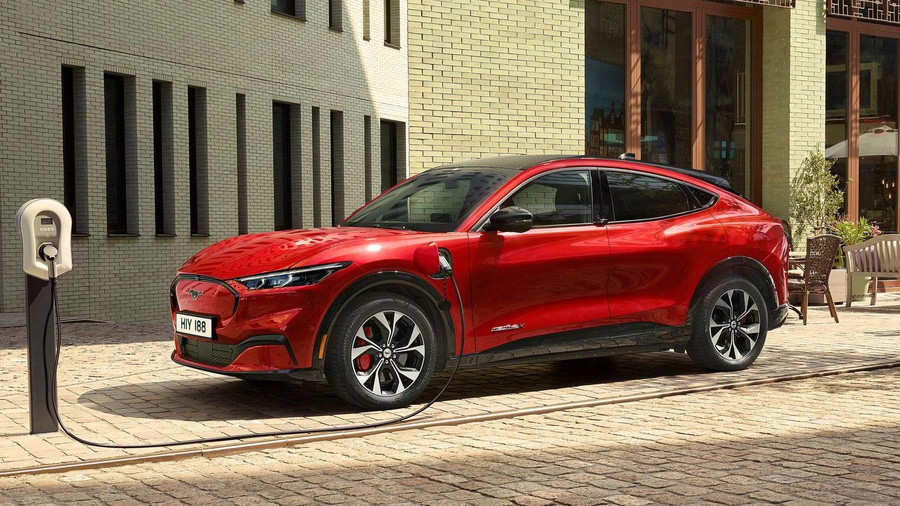The US Government's National Highway Traffic and Safety Administration (NHTSA) is launching an investigation into Ford's handling of a recall last year that impacted nearly 49,000 Mustang Mach-E vehicles. In June 2022, a recall was issued due to a malfunction involving overheating of the electric SUV's high-voltage contactors. In the worst-case scenario, this malfunction can cause the EV to suddenly lose power while on the road, thereby increasing the risk of a collision.
In response to the recall, Ford issued an over-the-air (OTA) software update aimed at mitigating the risk of sudden power loss and potential damage to the contacts. As an additional precaution, the automaker temporarily halted deliveries of the Mach-E until the vehicles received the necessary software update. Furthermore, Ford opened a service bulletin to address the replacement of the High Voltage Battery Junction Box in affected vehicles.
NHTSA's Office of Defects Investigation received 12 consumer complaints about Ford's solution. These complaints involved high voltage battery main contactor failures in MY 2021-2022 Ford Mach-E vehicles that had been included in Recall 22V-412 and repaired before the reported incidents. The recall remedy included a software update for the Secondary On-Board Diagnostic Control Module (SOBDMC) to monitor contactor temperature and reduce battery power to prevent contactor damage. Additionally, a software update for the Battery Energy Control Module (BECM) was implemented to monitor contactor resistance, identify overheated contactors, and reduce vehicle power to prevent further damage.
A customer complaint from August 19th states that they had to replace the High Voltage Battery Junction Box twice due to the same electrical system issue. Additionally, another complaint in February mentioned that the failure persisted even after the software update was applied.
The initial recall impacted a total of 48,924 Mustang Mach-E vehicles manufactured between May 27th, 2020, and May 24th, 2022, at Ford's Cuautitlan plant in Mexico. As for the latest inquiry, the NHTSA indicates that approximately 64,727 vehicles are currently under investigation.
Source: The Verge


